Defence Minister Rajnath Singh invoked history, heritage, and civilisational identity as he reflected on the legacy of Sindh and its deep cultural ties with India. Speaking at an event, he said that although the Sindh region is not part of India today, “borders can change,” and there may come a time when the land could “return home” to India.
He noted that Sindh—located along the Indus River—became part of Pakistan after Partition in 1947, leading to the displacement of countless Sindhi families who migrated to India. Singh emphasised that the Sindhi Hindu community, particularly leaders of the older generation such as Lal Krishna Advani, never emotionally reconciled with the separation of Sindh from India. Quoting Advani, he said Sindhi Hindus have always considered the Indus River sacred, and even many Muslims in Sindh historically regarded its waters with the reverence reserved for Mecca’s Aab-e-Zamzam.
Reiterating India’s civilisational bond with the region, Singh stated that Sindh’s cultural and spiritual imprint remains firmly embedded in India’s identity. “Civilisationally, Sindh will always belong to India,” he said, adding that the people of Sindh—regardless of borders—will continue to be cherished as part of India’s extended civilisational family.







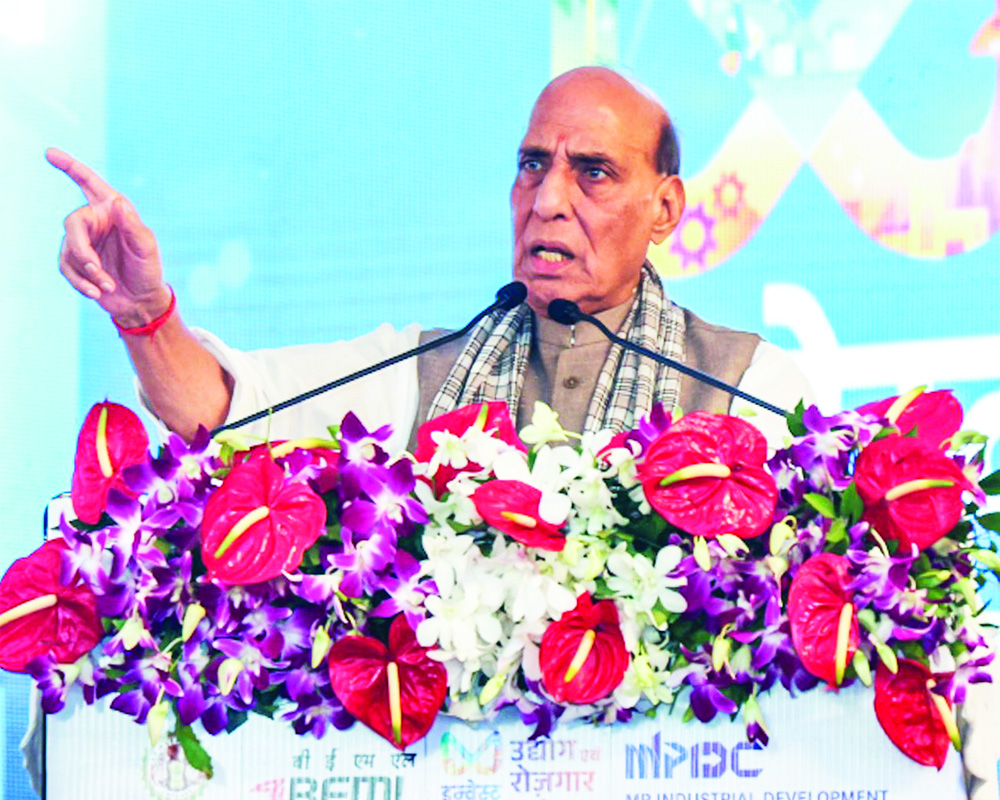
 OpinionExpress.In
OpinionExpress.In
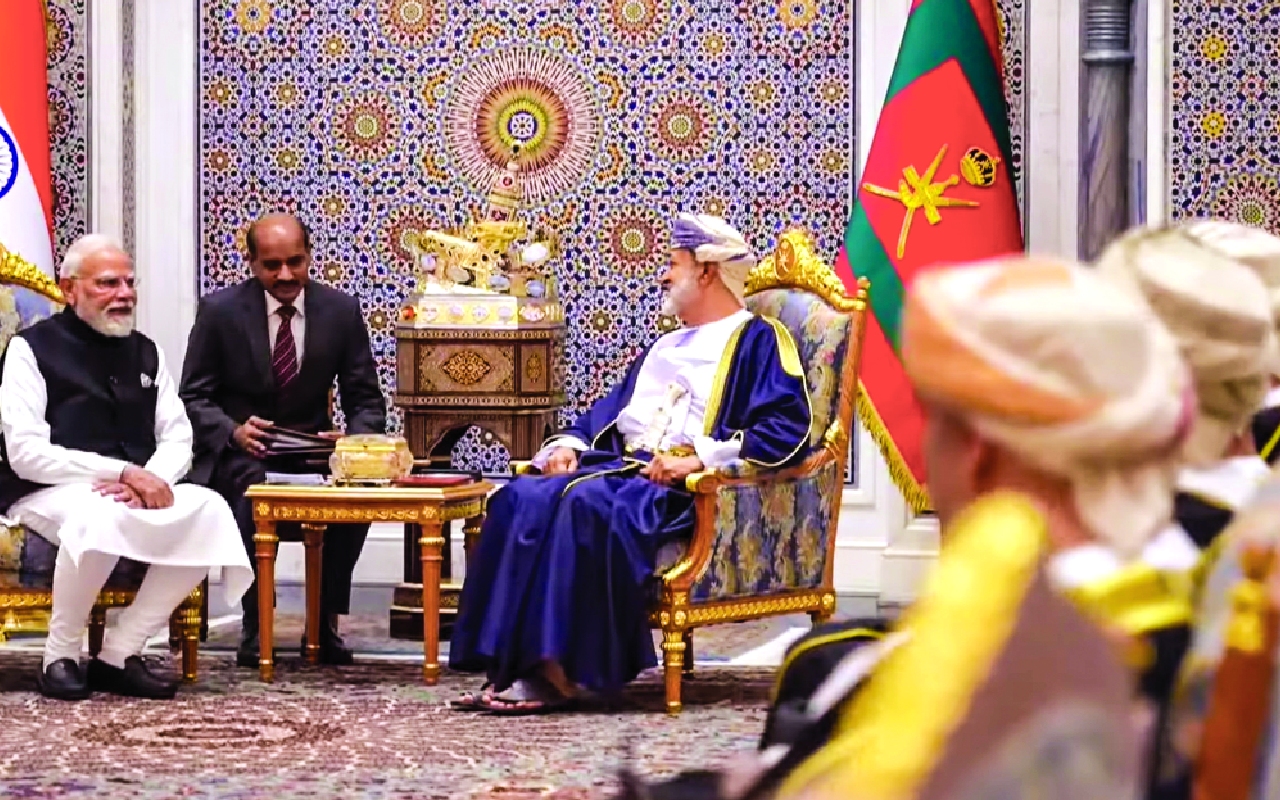

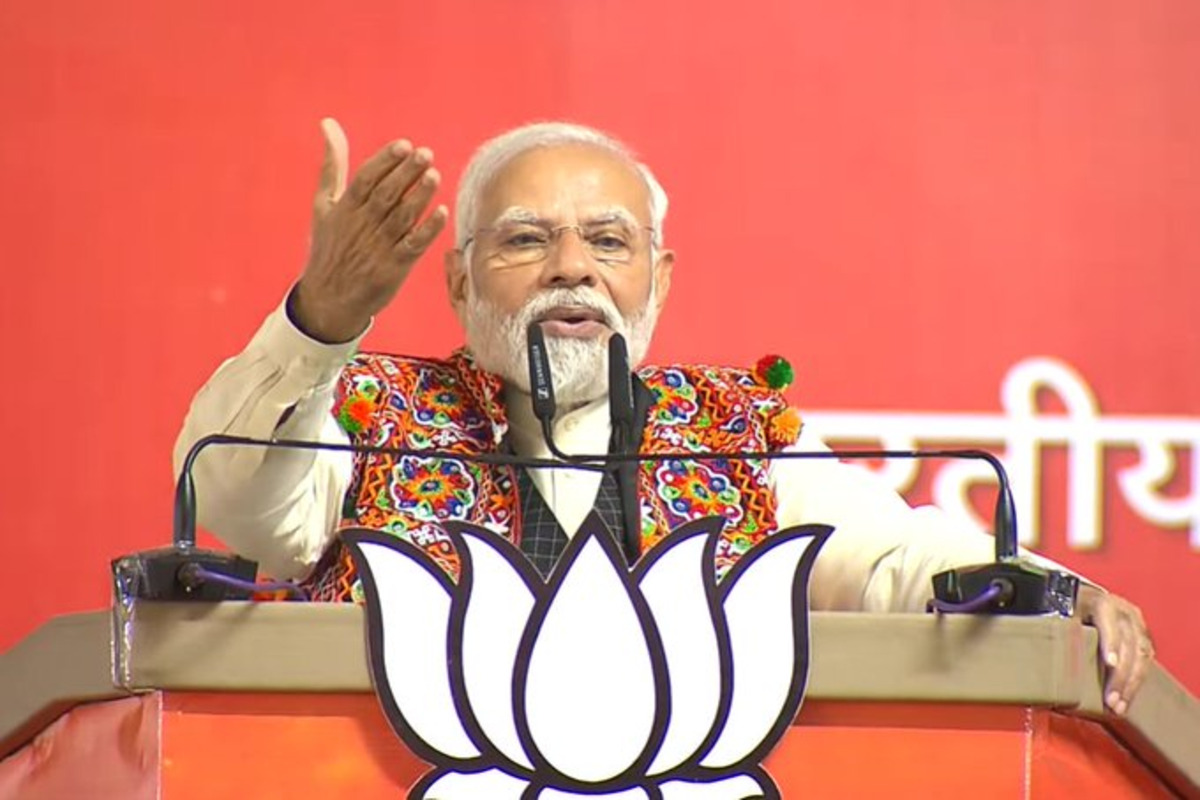

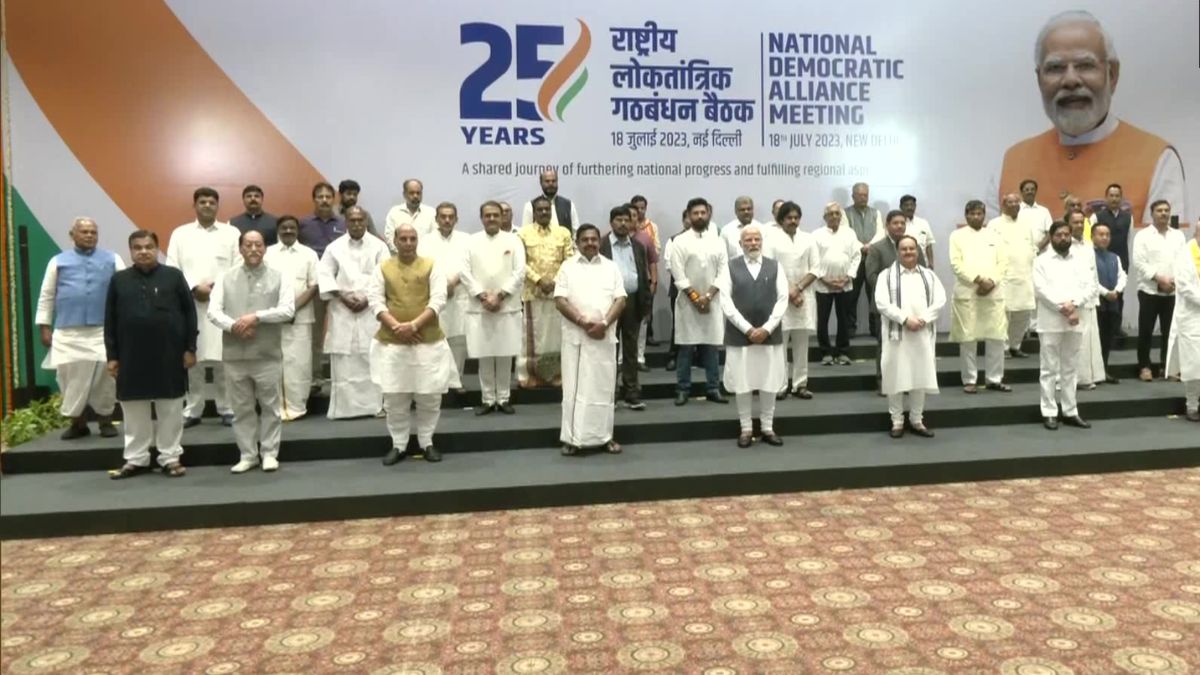
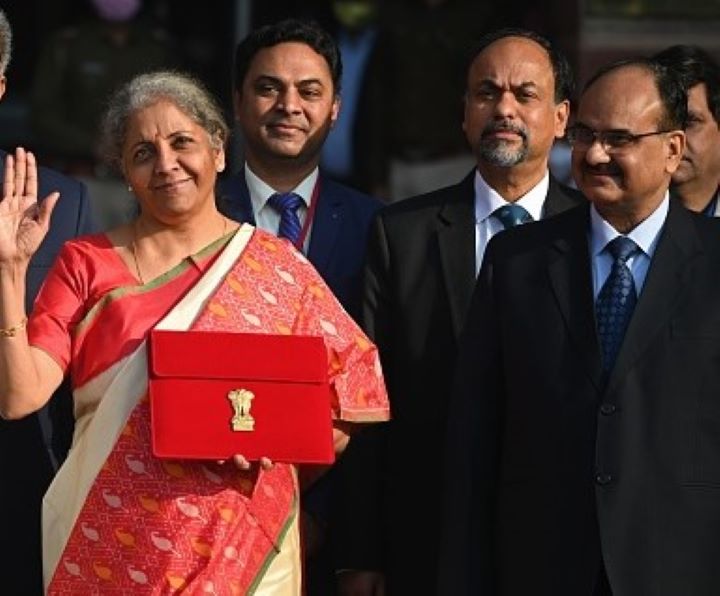
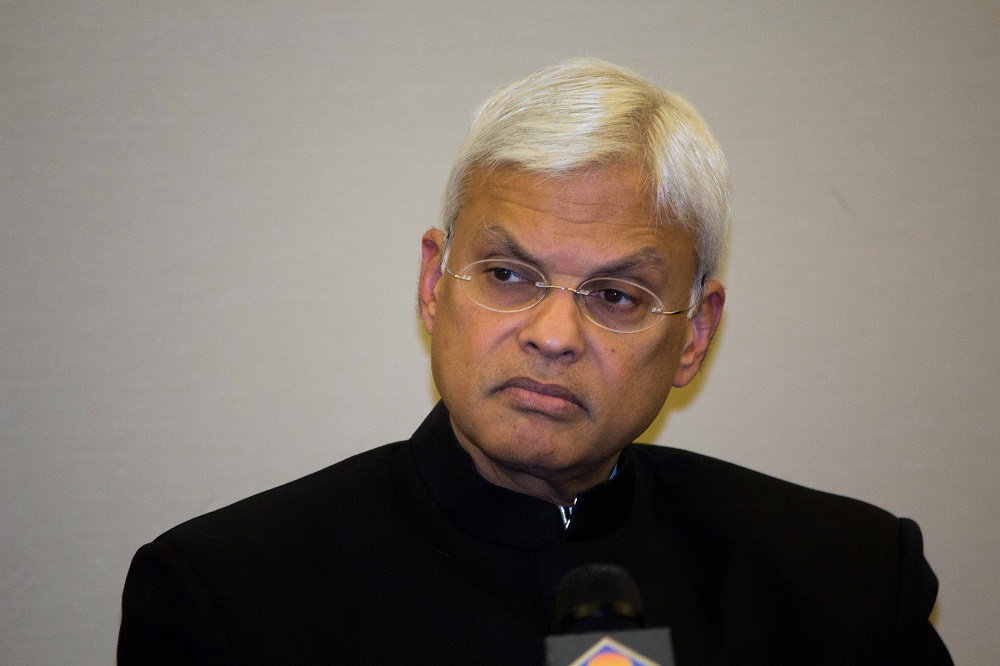

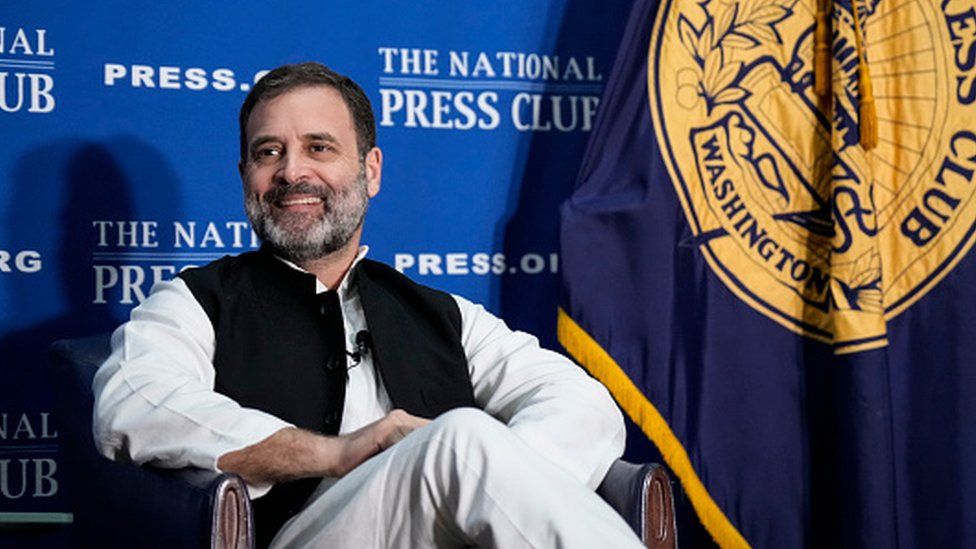






Comments (0)